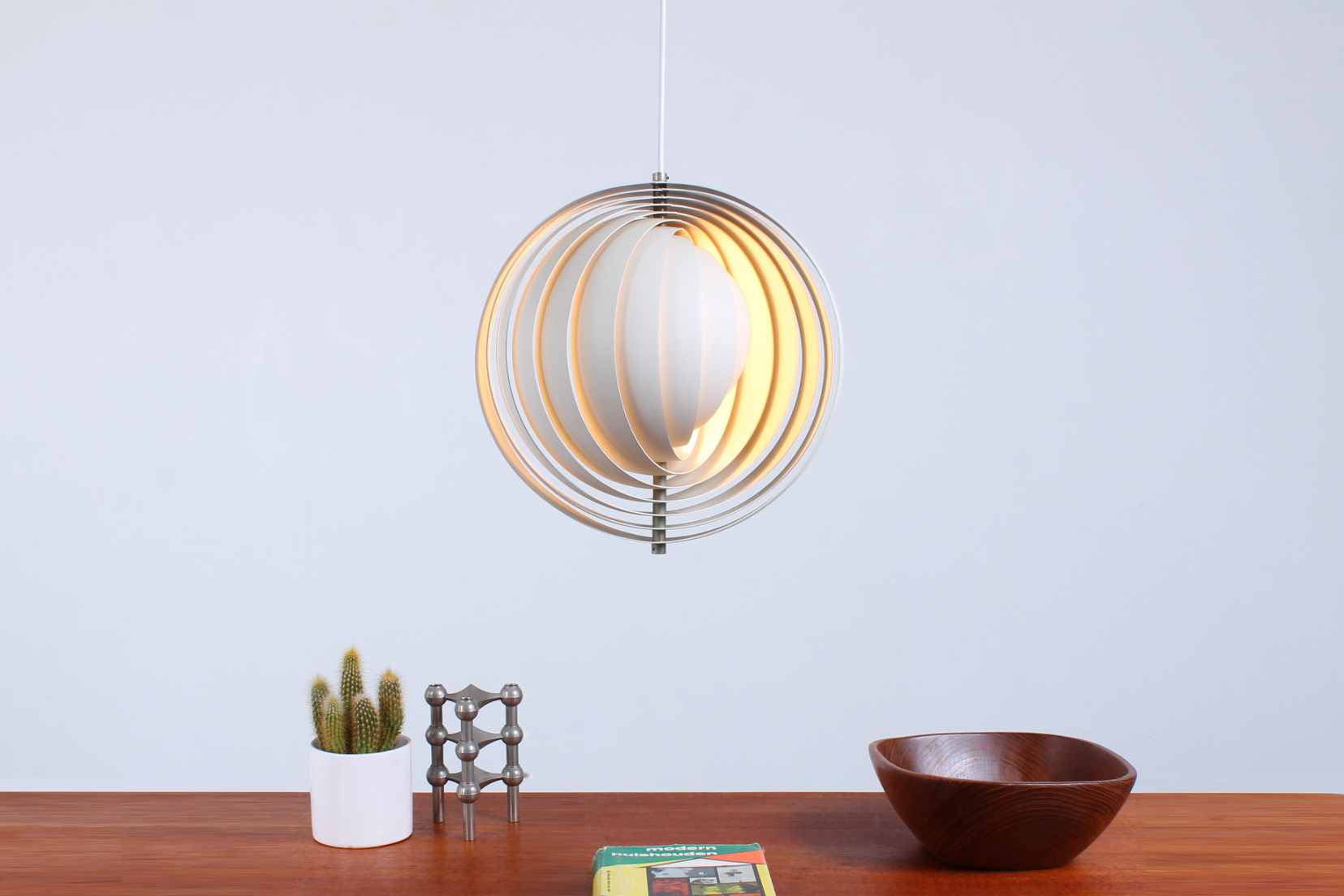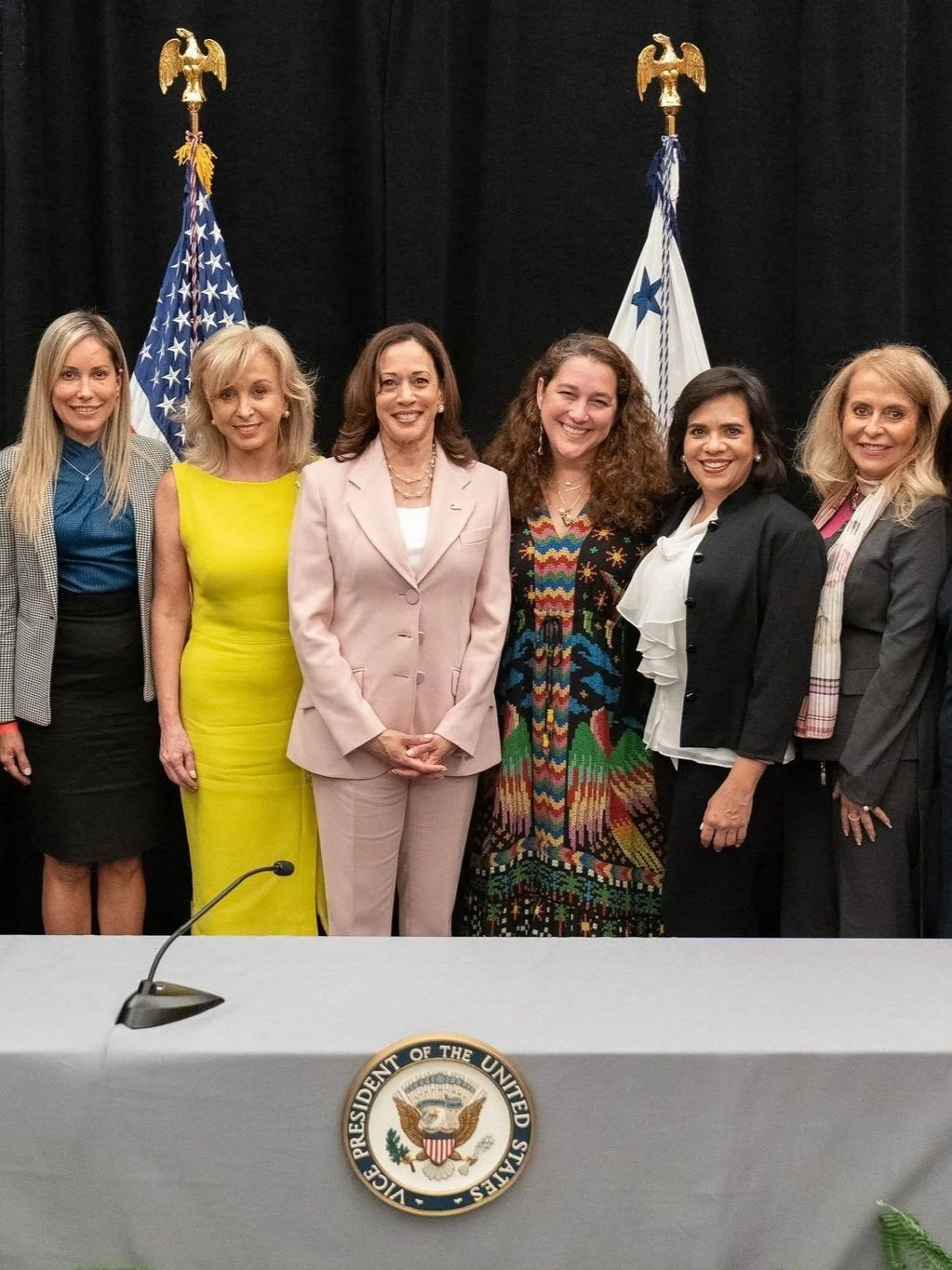The Pamono Team: Christian Ahrendt, Letizia Luperini, Wava Carpenter and Oliver Weyergraf / Photo: Manuel Coen.
A desire to educate consumers about the stories behind products has always been the drive behind Carmen’s support of designers, emerging entrepreneurs and local artisans. Indeed, it spurred the launch of CoutureLab as a boutique, e-commerce and content site, which championed this vision for nine years. And although Carmen’s portfolio and initiatives eventually outgrew the platform, the drive behind it still informs her ideas and investments today, so with founders who are ‘passionate about pieces that tell a story’ its perhaps unsurprising that Pamono is among the companies that feature in Carmen’s portfolio.
Founded by Oliver Weyergraf, Letizia Luperini and Christian Ahrendt, Pamono is an online marketplace and magazine specializing in distinctive design objects. The company sources vintage and contemporary pieces from around the globe, curated from an international array of high profile and underground galleries, shops, editors, artisans and designers, helping its customers create one-of-a-kind spaces.
Former chemical engineer Letizia Luperini went on to work in a series of diverse strategy and finance positions in multiple countries before her love of design took her career on a different path, and we sat down with the Mexican-born Managing Director to learn more about Pamono, her first meeting with Carmen, and how a sustainable approach has been key to the company’s success.
Tell us about what differentiates Pamono within the interiors and design space.
We stand out from our competitors in two key ways: Firstly, our product offering is dedicated to one-of-a-kind inventory, and we have a lot of it! Secondly, our logistics expertise is unmatched. We’ve developed a specialized network of logistic partners that operate under our technology, shipping anything from anywhere in Europe to the world at the most competitive tariffs out there. We can confidently say that no one ships fragile, bulky, and valuable goods like we do; no one else delivers the same high-quality level of service at such competitive prices.
Moon Pendant by Verner Panton for Louis Poulsen, 1960.
Tell us a bit more about your growth trajectory and any significant recent commercial or financial milestones.
We have grown the company’s revenue by more than 10 times from back in 2015, when Carmen first invested. We have grown from less than 100 vendors and a couple hundred products back then to more than 3,000 dealers, makers, and independent designers from more than 50 different countries representing more than 100,000 products. And we continue to add around 4,000 new products every week. Today, almost 90% of our transactions are cross-boarder, mirroring the deep expertise we have developed in all things logistics, including shipments consolidation, customs clearance and multi-language customer care.
Lawless Sofa by Evan Fay, 2017.
What do you believe is your key to steady growth?
We prioritize sustainable growth, concentrating on having the right unit economics in place so that we can steadily but sustainably grow. We’ve generated tremendous growth out of focusing on the supply side, sourcing the best dealers, designers, and makers from around the world. As a result, we carry a wide array of difficult-to-find products that customers are looking for. By coupling an ever-growing, high-quality inventory with the best service, we’ve seen that the customers follow.
Midcentury Norwegian Teak Sideboard by Sven Andersen, 1950s.
How did you connect with Carmen?
One of our investors, Frederic Court from Felix Capital, is a good friend and co-investor in other companies with Carmen. Carmen and I first met at Berkley’s Blue Bar back in 2015. We talked at length about design, craftsmanship and sustainability, all subjects we have in common. Carmen immediately understood the opportunity to build a global platform for design that will give worldwide access to unique objects.
Sculptural Travertine Coffee Table by Willy Ballez, 1980s.
What do you like most about her strategy/understanding/investment style?
For us, Carmen is a perfect fit as her core values are very much aligned with ours. We really love that she puts her money not only where she sees a good investment, but also where she sees an opportunity to support businesses that push the values that are important to her. In our case, it's about sustainability and supporting independent designers.
Strategy wise, Carmen has been able to continuously identify opportunities wherein she can help us.
Carmen has seen a lot and doesn't get scared by difficult times. She is well aware that every company goes through ups and downs, and the latter are an integral part of every success story.
Royal System Modular Wall Unit by Poul Cadovius for Cado, 1960s.
There are people who say "culture eats strategy for breakfast". What does your business believe is more important and why?
We actually believe culture derives from a strong strategy. The moment we were able to establish and articulate a clear vision and strategy for our company was the moment we were able to build the team around us that fit that vision.
Read more about Pamono here.

















